Plenary session
Panel discussion: Eliminating poverty – the future of international aid
On 14 May 2024, join us in Maputo, Mozambique, for a keynote panel on the future of international aid architecture. This session, moderated by Henk-Jan Brinkman, the Permanent Observer of the International Development Law Organization (IDLO) to the United Nations in NYC, features a diverse panel of experts, including Luis Felipe Lopez-Calva, Shanta Devarajan, Frederik Matthys, Aicha Robei, and Rachel Gisselquist, each bringing a unique perspective to the evolving landscape of development finance.
As global priorities change and poverty increasingly concentrated in conflict settings, traditional funding models are reevaluated due to shifting political tides in the Global North and changing economic and political environments in the Global South, our panel dives into the complexities of adapting aid structures to meet these new challenges. They will explore innovative financing mechanisms to fill financing gaps and discuss how to improve aid delivery amidst a much more complex environment.
The panel aims to uncover strategies to ensure aid achieves what it is supposed to do, drawing lessons from a variety of aid models, including empowering local communities to enhance aid effectiveness. This session is not just a dialogue, but a call to action, inviting participants to rethink the future of international aid.
 Join the network
Join the network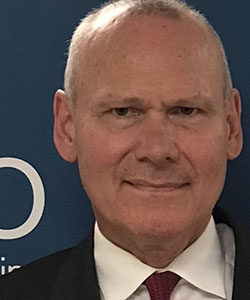 Henk-Jan Brinkman | Moderator
Henk-Jan Brinkman | Moderator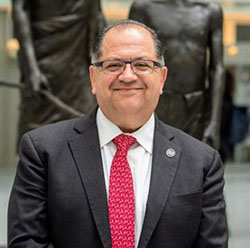 Luis Felipe Lopez-Calva | Panelist
Luis Felipe Lopez-Calva | Panelist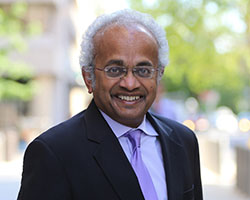 Shanta Devarajan | Panelist
Shanta Devarajan | Panelist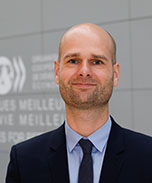 Frederik Matthys | Panelist
Frederik Matthys | Panelist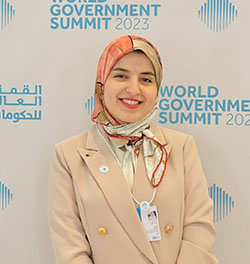 Aicha Robei | Panelist
Aicha Robei | Panelist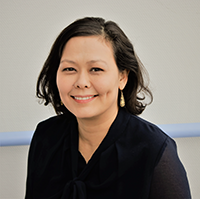 Rachel Gisselquist | Panelist
Rachel Gisselquist | Panelist